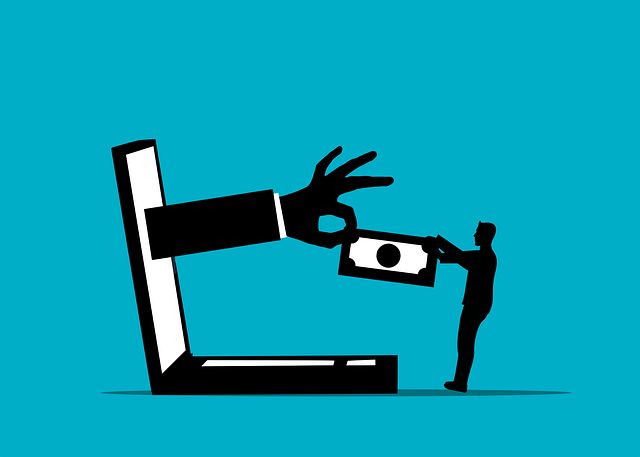
September 11th, 2024
Invoice scams are a growing threat in the business world, exploiting trust and urgency to defraud companies out of significant sums of money. Whether you’re a small business owner or part of a larger corporation, understanding how these scams work and taking steps to protect your organization is crucial.
What is an Invoice Scam?
Invoice scams are fraudulent attempts to deceive businesses into paying fake invoices. Scammers often impersonate vendors, suppliers, or even internal company members, sending what appears to be a legitimate invoice for services or products that were never provided. These scams can take various forms, such as business email compromise (BEC), where the scammer gains unauthorized access to a business email account, or phishing attempts that lure employees into revealing sensitive information.
For instance, you might receive an email from what looks like a trusted vendor claiming that payment is overdue for services rendered. The email may include a detailed invoice and even reference previous communications to create a sense of legitimacy and urgency.
What to Do If You Receive a Suspicious Invoice
1. Verify the Sender: Before taking any action, confirm the legitimacy of the sender. This means contacting the company or individual directly using contact information from their official website or a trusted source—not the contact details provided in the suspicious email.
2. Check the Details: Carefully review the invoice. Look for discrepancies in the company name, address, payment terms, and the services listed. Scammers often use slight variations in email addresses or company names that may go unnoticed if not scrutinized.
3. Involve Your Finance Team: If you’re unsure about the invoice’s legitimacy, forward it to your finance or accounts payable department for further investigation. They can cross-check the invoice against your records to see if it matches any legitimate transactions.
4. Report the Scam: If you identify a scam, it’s important to report it. Inform your IT department to ensure that your network hasn’t been compromised. You may also need to report the scam to the relevant authorities, and if appropriate, notify your clients or partners about the attempted fraud.
What NOT to Do When You Receive a Suspicious Invoice
1. Do Not Pay Immediately: Never rush to make a payment without verifying the invoice first. Scammers rely on creating a sense of urgency, so taking a step back to assess the situation is crucial.
2. Do Not Click on Links or Open Attachments: Suspicious links or attachments may contain malware designed to steal sensitive information or compromise your systems. Avoid interacting with any part of the email until you have confirmed its legitimacy.
3. Do Not Respond to the Scammer: Engaging with the scammer can open the door to further phishing attempts or social engineering attacks. It’s best to avoid any direct communication.
How to Avoid Being a Victim in the Future
1. Educate Your Team: Regular training on recognizing phishing attempts and invoice scams can prevent costly mistakes. Ensure that all employees, especially those in finance, are aware of the common signs of these scams.
2. Implement Strong Verification Processes: Establish protocols for verifying invoices, such as requiring secondary approvals for payments over a certain amount. This adds an extra layer of security to prevent unauthorized transactions.
3. Use Secure Communication Channels: Sensitive information, particularly financial details, should be communicated through secure and verified channels. Avoid sending payment information through unprotected or unverified means.
4. Monitor Financial Transactions: Regularly review and monitor financial transactions for any unusual activity. Early detection of unauthorized payments can mitigate the damage caused by a scam.
5. Keep Software Updated: Ensure that all systems, including email and accounting software, are up to date with the latest security patches. This reduces the risk of vulnerabilities that scammers could exploit.
Conclusion
Invoice scams are a serious threat that can have devastating financial consequences. By staying vigilant and implementing proactive measures, businesses can protect themselves from these types of fraud. Educating your team, verifying suspicious invoices, and maintaining secure communication channels are key strategies to avoid becoming a victim.
Remember, when it comes to invoice scams, a cautious approach can save your business from significant losses.
Protect Your Business Today
Don’t wait until it’s too late. At Sectorlink, we’re here to help you safeguard your business against invoice scams and other cybersecurity threats. Whether you need advice, support, or a secure hosting solution, our team is ready to assist you.
Contact us today to learn more about how we can protect your business and keep your operations running smoothly.
